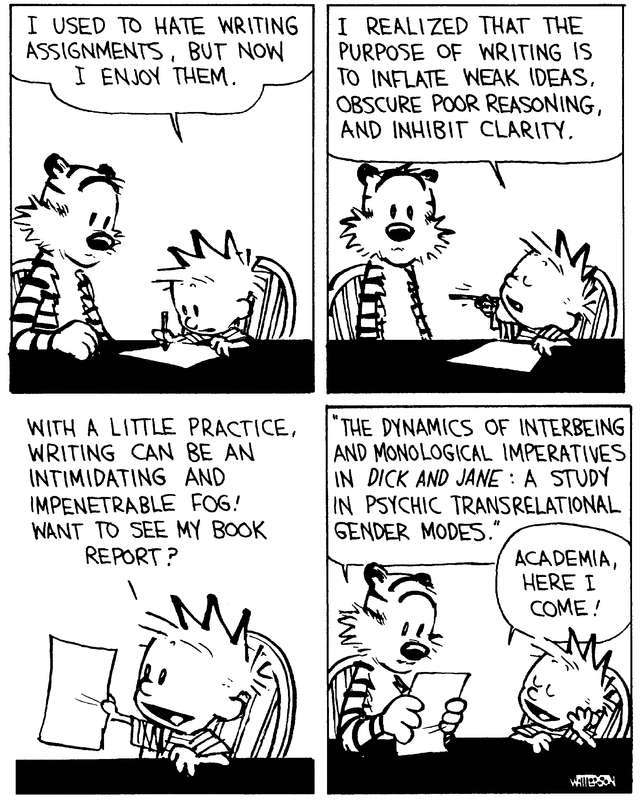| The totalitarian classroom This post explores the 'totalitarian approach' to achieving the prefect IB Psychology exam answer. There are no surprises in the IB Psychology examinations. Each learning outcome has an equal chance of being assessed in the exam. Each learning outcome is either an exact or near match to the examination question. In our classroom, each learning outcome we explore is always followed by preparing a model answer which can then be memorised for class assessments, mocks and actual IB Psychology exams. And voilà, great answers can be easily written in exams. This is the secret to success in IB Psychology - prepare great model answers and then memorise these for exams. Sounds easy? It's not quite rocket science, but it's certainly not a walk in the park. Two things need to be in place:
Structure. Order. Routine. These are the keys to having the knowledge and time requirements under Control. Thus, the totalitarian approach to achieving the prefect IB Psychology exam answer is very effective. Time: Plan for incorporating this model answer preparation time into your teaching schemes. Insist that these are completed to the very highest standards (i.e., have the very highest expectations of your students). Allow them some class time to ask questions of you as they complete a perfect answer to each short answer or extended response question. Knowledge: The IB psychology examiners are looking for certain requirements to be met (command terms, knowledge, definitions, research studies, critical thinking and organisation, etc.). They are looking for these same requirements across any SAQ or ERQ. The mark level descriptors for all SAQ questions are the same. The mark level descriptors for all ERQ questions are the same. | Using a template to enable students to think about what they need to include in their responses and how they need to structure these is a great idea. They will soon be in the habit of planning their answers, and knowing how their planning is directly relevant to achieving a great mark. I use the two templates below in my Psychology classroom. I set up the first ERQ and SAQ templates for my students to give them an idea of what I expect. After that they're on their own - they will need to complete their own templates for each answer they are preparing. In fact, I believe that this skill is so important to success in IB Psychology that I refuse to mark an answer without a well completed template attached. I bounce them straight back with a zero attached. Nazi! Feel free to use these templates in your own classroom, or students, for preparing your own model answers. |
ERQ Model Answer Template | SAQ MODEL ANSWER TEMPLATE |
| Author: Derek Burton - Passionate about IB Psychology |



 RSS Feed
RSS Feed